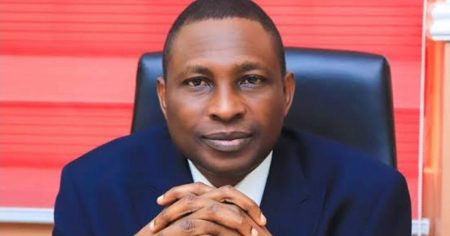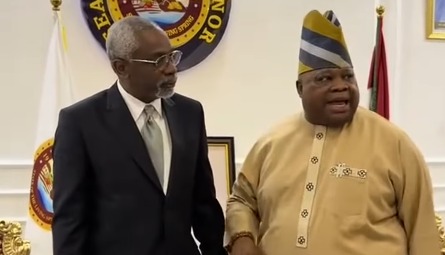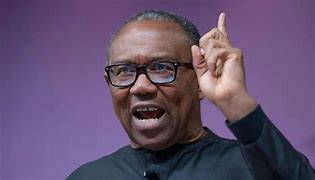The Nigerian National Assembly is poised to finalize and pass a series of harmonized tax reform bills, marking a significant step towards modernizing the country’s tax system. After rigorous deliberations and reconciliation of differing versions passed by the House of Representatives and the Senate, the joint harmonization committee, tasked with resolving discrepancies and contentious clauses, has announced the completion of its work. This development signals the imminent presentation of the consolidated bills to both chambers for final approval, potentially as early as Tuesday. The successful harmonization is attributed to the collaborative efforts of lawmakers from both houses, who dedicated extensive time and effort, including late-night and weekend sessions, to meticulously review and refine the proposed legislation.
The harmonization process, spearheaded by the Chairman of the House Committee on Finance, James Faleke, and his Senate counterpart, Senator Sani Musa, involved a clause-by-clause examination of the four bills. This meticulous approach ensured that all grey areas and potential conflicts were addressed, paving the way for a unified and comprehensive tax reform package. The commitment and resilience demonstrated by the legislators underscore the importance of these reforms for the Nigerian economy and its citizens. The successful harmonization represents a crucial step forward in the legislative journey of these bills, bringing them closer to becoming law.
The four tax reform bills, initially sent to the joint harmonization committee two weeks prior, aim to overhaul various aspects of the Nigerian tax system. The committee, comprising members from both the House of Representatives and the Senate, was entrusted with the responsibility of reconciling the amendments made by each chamber, ensuring a cohesive and consistent final version for presidential assent. Upon passage by both houses, the bills will be forwarded to President Bola Tinubu for his signature, formally enacting them into law. The reforms are expected to bring the Nigerian tax system in line with international standards and enhance its efficiency and effectiveness.
The Senate, having already cleared two of the bills earlier, demonstrated its commitment to expediting the legislative process. The remaining two bills were subsequently reviewed and approved, further underscoring the urgency and importance of these reforms. Senate President Godswill Akpabio commended the lawmakers for their dedication and highlighted the significance of the bills in modernizing Nigeria’s tax system. The Senate’s proactive engagement and timely passage of the bills demonstrate a concerted effort to address the critical need for tax reform.
Senator Sani Musa, Chairman of the ad hoc committee for the tax reform bills, emphasized the meticulous efforts undertaken to ensure the revised tax system aligns with international best practices. He highlighted the allocation of portions of the tax revenue towards critical areas such as combating cybercrime, strengthening defense infrastructure, supporting the Tertiary Education Trust Fund (TETFund), and aiding the military in their peace and security operations. These targeted allocations demonstrate a strategic approach to utilizing tax revenue for national development and security priorities.
The proposed reforms also include provisions for the establishment of a tax ombudsman and a tax tribunal. The ombudsman, appointed by the President, will serve as an arbitrator and adjudicator in tax-related disputes, ensuring fair and impartial resolution. The tax tribunal will provide a dedicated platform for addressing tax-related legal matters. These institutional enhancements aim to strengthen the tax administration system and provide efficient mechanisms for resolving tax disputes. The comprehensive nature of the reforms reflects a commitment to building a robust and modern tax system.




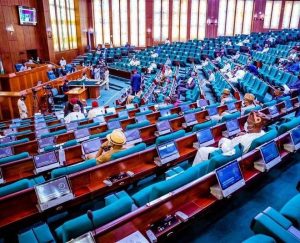
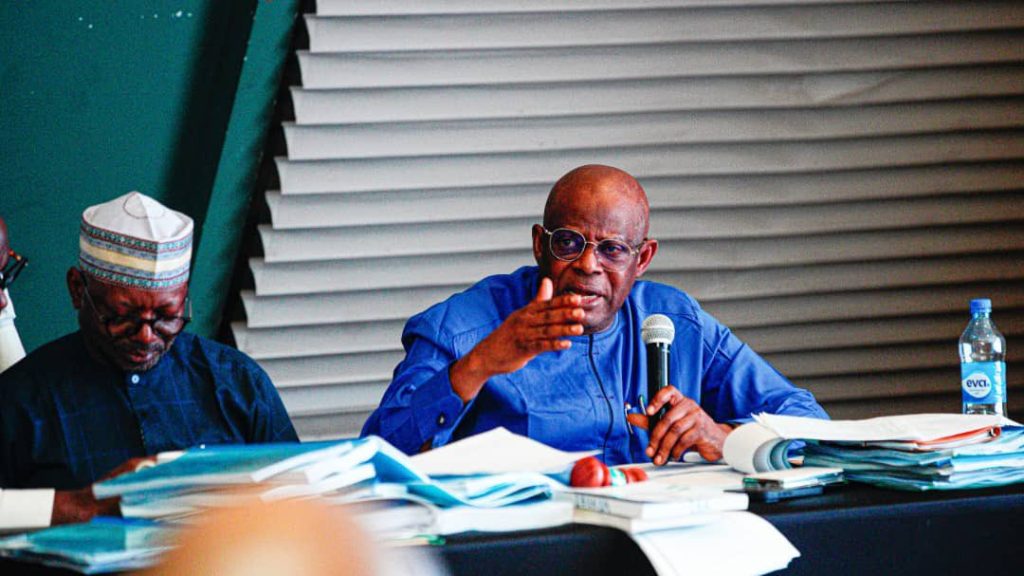
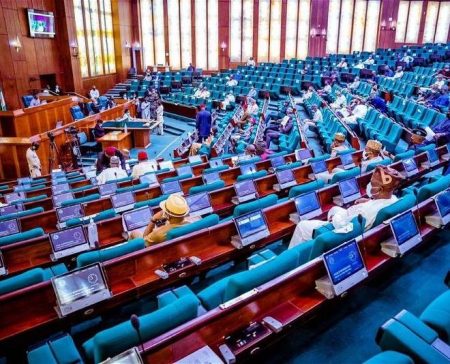
![Oyo State Claims Victory in Hockey and Abula at [Competition Name]](https://westafrican.news/wp-content/uploads/2025/05/Oyo-450x257.jpg)

